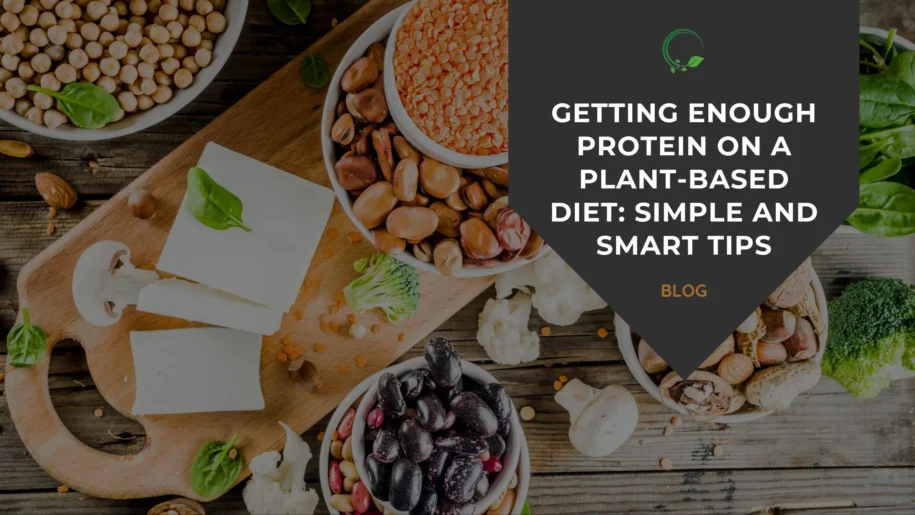For those embracing a plant-based diet, meeting your protein needs can feel a bit tricky at first. Protein is crucial for building muscle, supporting your immune system, and keeping your hormones balanced. Thankfully, there are plenty of plant-based strategies to make sure you’re getting what your body needs—without overthinking it. Here’s how to easily incorporate protein into your daily meals.
1. Spread Protein Across the Day
Instead of focusing on one or two high-protein meals, aim to include a source of protein at breakfast, lunch, dinner, and even in your snacks. Eating smaller portions of protein more consistently helps your body absorb and use it efficiently, while also keeping your energy steady.
Ideas to Try:
- Add a dollop of almond butter to your morning oatmeal.
- Include hummus with your afternoon veggie sticks.
- Stir some silken tofu into a smoothie for a creamy, protein-packed treat.
2. Choose High-Quality Plant Proteins
Not all protein sources are created equal. Some plant-based options, like soy products (tofu, tempeh, soy milk), quinoa, and hemp seeds, contain all nine essential amino acids, making them “complete” proteins. Others, like beans, nuts, and whole grains, are “incomplete,” but still contribute to your overall protein intake when eaten in combination.
Pro Tip: Pair different protein sources throughout the day—like rice with beans or peanut butter on whole-grain toast—to naturally create a complete amino acid profile.
3. Don’t Skip Breakfast and Snacks
Breakfast and snacks are often overlooked opportunities to boost your protein intake. With a little planning, they can become some of the easiest ways to hit your goals.
Quick Snack Ideas:
- A handful of roasted chickpeas or edamame.
- A slice of whole-grain bread topped with mashed avocado and nutritional yeast.
- A small bowl of soy yogurt with berries and chia seeds.
4. Consider Plant-Based Protein Powders
If you’re struggling to meet your protein needs through food alone, a plant-based protein powder can be a convenient solution. Look for options made from soy or blends of rice and pea protein, which together provide all essential amino acids. These powders are great in smoothies, but you can also mix them into recipes like pancakes or energy balls.
Tip: Choose powders with minimal added sugar and check the label for additional nutrients like B12 or iron.
5. Supplement Wisely
Plant-based diets can sometimes fall short on other essential nutrients, such as vitamin B12. To fill the gaps, fortified foods like nutritional yeast or calcium-enriched plant milks can be lifesavers. For protein, a carefully chosen supplement can round out your diet without much hassle.
Final Thought
A plant-based diet offers a wealth of nutrients and benefits for your overall health, but ensuring you’re meeting your protein needs requires a little intentionality. By focusing on variety, balance, and smart supplementation when necessary, you can thrive on plants and fuel your body with everything it needs.
If you’d like personalized guidance tailored to your lifestyle and health goals, book a session with a dietitian who can help you navigate the world of plant-based nutrition with confidence.

